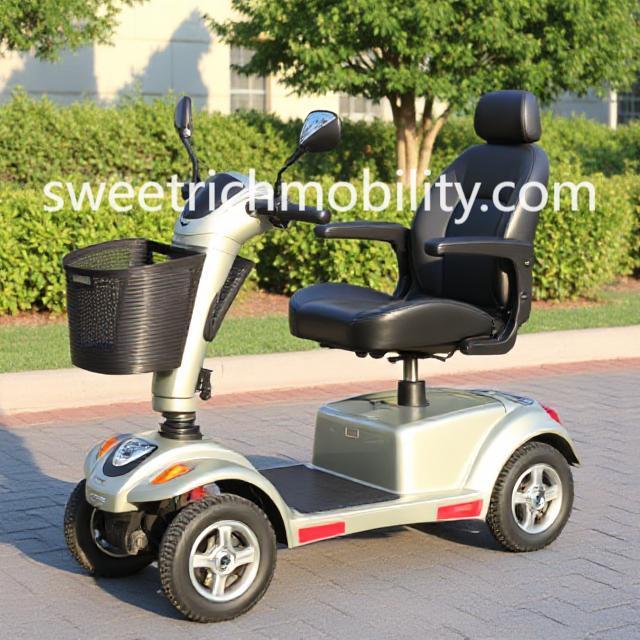Cities are evolving, and so are the ways people navigate their daily routines. Among these transformations, the rise of the Wholesale Portable Scooter reflects a growing demand for mobile solutions that are compact, intuitive, and responsive to the rhythm of modern life. By fusing smart design with emerging battery systems and modular engineering, these scooters have become more than a commuting option—they’re a lifestyle enabler.
At the heart of this innovation is the integration of intelligent technologies. Riders now expect seamless interaction with their devices, predictive maintenance alerts, and riding modes tailored to context. Microcontrollers embedded within scooter systems process terrain data, adjust power distribution, and provide safety feedback. These smart layers not only enhance control but also reduce user fatigue during extended rides.
Battery systems have also evolved beyond traditional limitations. Advanced energy cells support quicker charging, better temperature regulation, and greater mileage. This combination of efficiency and longevity ensures that users spend more time in motion and less time tethered to outlets. With lighter battery packs and improved density, portability becomes practical without compromising performance.
The importance of modularity cannot be overstated. From foldable frames to interchangeable accessories, modular design gives users the freedom to adapt their vehicles to changing environments and personal preferences. A traveler may fold the scooter for transit storage or swap a tire for a terrain-specific upgrade—all within minutes. This level of customization positions modular scooters as versatile tools in both urban and suburban contexts.
In addition to individual ownership, shared mobility systems continue to expand. These platforms rely on well-constructed scooters capable of high usage cycles with minimal downtime. Fleet managers prioritize fast assembly, effortless maintenance, and smart locking technology. A unit sourced from a reliable Wholesale Portable Scooter provider must therefore offer not just form and function, but also scalability and service compatibility.
Design plays a subtle yet vital role in user adoption. Sleek frames, accessible controls, and ergonomic features contribute to a more satisfying ride. Meanwhile, hidden wiring, seamless charging ports, and integrated lights elevate visual appeal without compromising safety. When thoughtful engineering meets aesthetic detail, the result is a product that users feel proud to use.
Equally crucial is sustainability. As society seeks alternatives to car dependency, scooters offer a smaller carbon footprint and cleaner operation. Manufacturers are exploring sustainable materials, recyclable packaging, and circular lifecycle strategies. Modular components, for instance, allow individual parts to be replaced or repurposed rather than disposing of an entire unit.
Smart mobility also intersects with digital ecosystems. Apps can now track location, battery levels, and riding stats. This creates opportunities for cities to better understand transport patterns, while users enjoy greater control over their journeys. In the future, we may see further integration with AI systems that optimize routes or suggest charging stations based on real-time data.
From students commuting across campuses to workers navigating business districts, the demand for reliable, adaptable transportation tools is growing. By investing in modern design and forward-thinking features, today’s scooters meet a wide range of lifestyle needs, mobility preferences, and environmental goals.For a deeper look into designs that combine technical precision with everyday usability, explore the curated offerings from Sweetrich at sweetrichmobility.com/product .
